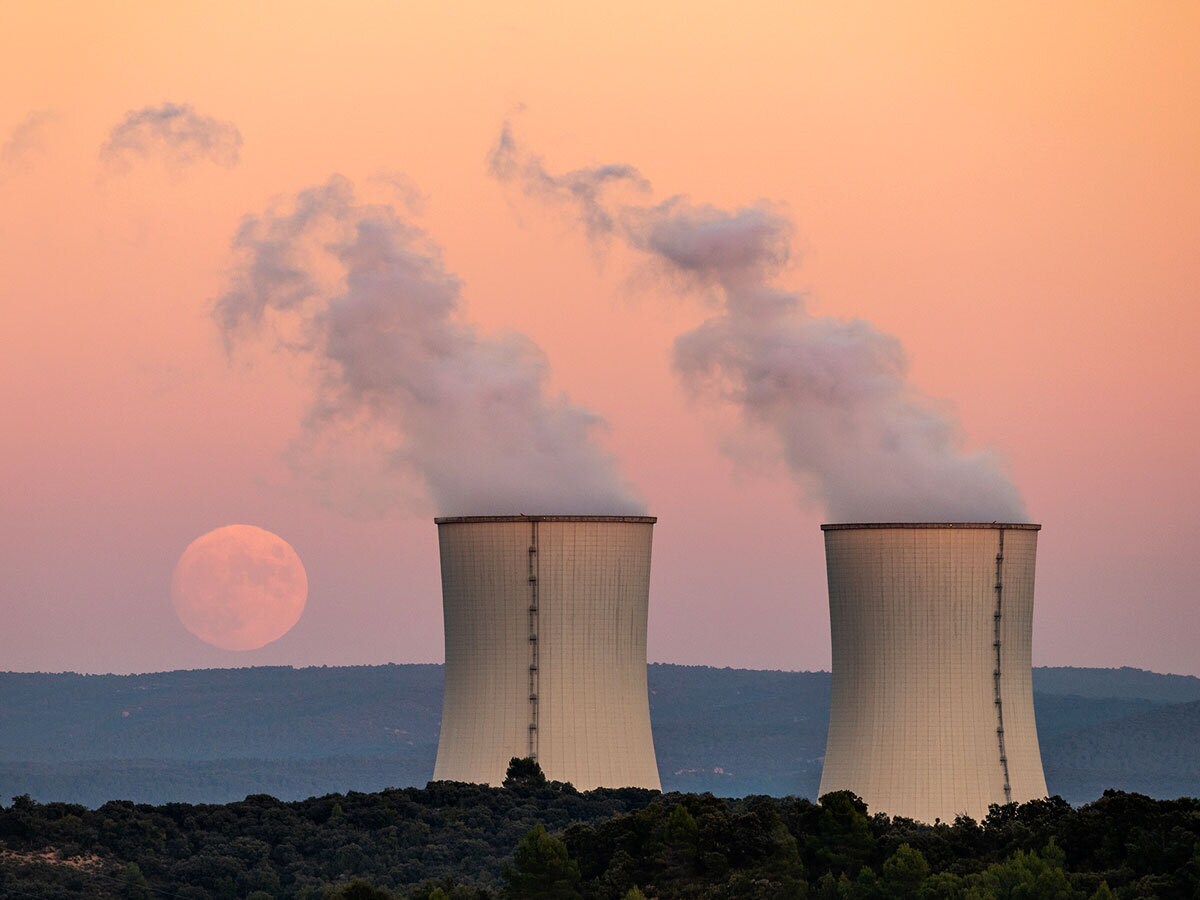Russia’s invasion of Ukraine has sparked fear worldwide, especially regarding energy supplies. As countries explore whether a shift to nuclear energy is a viable alternative, the Global X Uranium ETF has turned around its fortunes in the last month.
After a slow start to the year, the Global X Uranium ETF [URA] has seen a resurgence over the past two months amid the recovery in uranium prices, which has been driven by increasing hopes of a global clean energy transition.
The fund is the world’s largest nuclear energy ETF and provides exposure to companies that specialise in uranium mining and extraction, manufacturing of equipment, and the production of nuclear components.
Although the Global X Uranium ETF has fallen 2.2% year-to-date through 2 September, it has risen 16.6% over the past two months. Its rally from the end of June reflects the rise in the price of uranium — futures are up 20% in the year-to-date — and has helped pull back some of the fund’s losses earlier in the year.
Volatile year for uranium prices
According to data released by Canadian uranium producer Cameco [CCO.CN], the fund’s top holding, the price of uranium rose from $47.75 per pound in May to $49.75 per pound in June, before falling back to the $47.75 mark in July. The uranium spot price has made some gains over the past month to sit at $48.05 per pound as of 31 August.
With spot prices peaking above $50 in March and April, the Global X Uranium ETF share price has at times this year reached as high as $28.49. While in the months following, its price has fallen as low as $18.04, the fund has regained some of these losses to close at $22.18 on 2 September. Boosting sentiment are calls for nuclear energy adoption over recent months amid the continued impact of the Russia-Ukraine conflict on the energy sector.
With Russia holding 43% of the world’s enriched uranium capacity, prices of the heavy metal have experienced significant volatility since the nation’s invasion of Ukraine back in February. With global inflation spiking, alongside recession fears, investor sentiment has also been dampened since the start of the year.
Largest holding boosts uranium fund
The Global X Uranium ETF has 46 holdings, with its net assets totalling $1.71bn as of 2 September. Its top holdings include Cameco, with a weighting of 24.28%, Sprott Physical Uranium Trust Fund [U-U.CN] (8.42%) and Kazakhstan’s national uranium producer NAC Kazatomprom [KAP.IL] (6.07%).
The fund’s largest holding, Cameco, has performed well this year, with its share price up 37.4% in 2022 as of 2 September. In the past month, the Global X Uranium ETF’s strong performance has been boosted by the Canadian firm, which released a strong set of half-year results on 27 July.
For the period ending 30 June, revenue rose 47% year-over-year to $956m, which the company attributed to the continuation in surging prices. Speaking after the results announcement, CEO Tim Gitzel said: “Our results reflect the very deliberate execution of our strategy of full-cycle value capture. And, we are benefitting from higher average realised prices in both our uranium sales and our fuel services sales as the market continues to transition and geopolitics continues to highlight concentration of supply concerns.”
Nations warm to nuclear reactors
Many market spectators are bullish on the industry as demand for uranium has been on the rise since clean energy sources have become the targeted focus of governments across the globe. According to Trading Economics, the 12-month uranium price forecast is estimated to rise to as high as $66.17, representing a significant upside from its most recent spot price.
This spike in demand has been most recently seen in Japan, where prior to this year the nation has shied away from nuclear energy following the Fukushima power plant disaster in 2011. However, following an announcement on 24 August, Prime Minister Fumio Kishida spoke of the nation’s rejuvenated interest in nuclear energy, announcing plans for the development and construction of next-generation power plants. Since his announcement, the Cameco share price has jumped 24.4%, while the Sprott Physical Uranium Trust is also up 15.7%.
A similar stance has also been adopted in Germany, where fears of fuel shortages from one of Russia’s largest gas buyers has altered the country’s outlook on nuclear energy. The country recently announced it had postponed the closure of its last three nuclear power plants ahead of a winter where energy shortages are likely.
More recently, Switzerland has joined the pool of nations debating nuclear energy as an alternative, with a group of politicians launching a petition vying for the government to keep the country’s remaining nuclear power plants open.
Continue reading for FREE
- Includes free newsletter updates, unsubscribe anytime. Privacy policy





